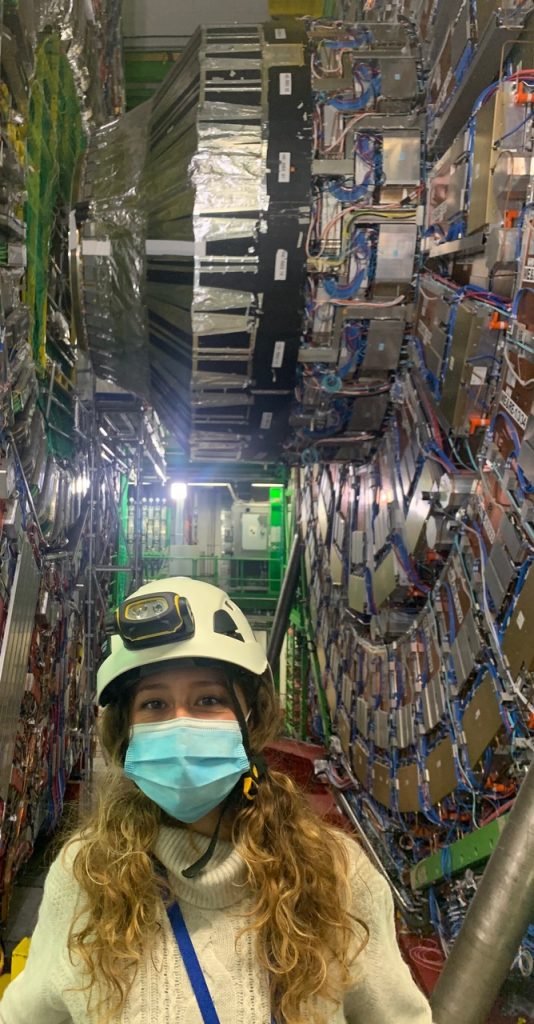
The High Energy Physics (HEP) group at UW–Madison, which broadly focuses on identifying and understanding the fundamental aspects of particles and forces in Nature, has been awarded three significant grants in 2020. The grants — two from the Department of Energy (DOE) and one from the National Science Foundation (NSF) — are awarded either directly to UW–Madison or indirectly through multi-institution international collaborations, bringing over $14 million to the department.
The first grant, $7.37 million from DOE, funds research that is expected to help physicists understand how our Universe works at its most fundamental level. At UW–Madison, this research includes experimental and theoretical studies into topics such as using the Higgs boson as a tool for new discoveries and identifying principles of dark matter.
The grant will fund five areas of research: 1) studies of high energy proton-proton collisions; 2) studies of neutrino interactions; 3) studies of super-weak signals from galactic dark matter particles; 4) wide-area imaging surveys using powerful new telescopes; and 5) computational and mathematical methods of quantum field theory and string theory.
Sridhara Dasu is principal investigator on this DOE grant. Co-investigators include Yang Bai, Vernon Barger, Keith Bechtol, Kevin Black, Tulika Bose, Lisa Everett, Matthew Herndon, Kimberly Palladino, Brian Rebel, Gary Shiu, Jennifer Thomas (WIPAC), and Sau Lan Wu. The grant was awarded in June 2020 and provides funding through March 2023.
The other two grants awarded will provide funding for upgrades to the Compact Muon Solenoid (CMS) project at the Large Hadron Collider (LHC) at CERN. The first is an NSF-funded grant for which Kevin Black is leading the UW–Madison effort to upgrade the CMS End Cap muon system upgrade. The $900,000 to the department is part of a larger multi-institutional grant through Cornell University and runs through 2025.
“The GEM detectors are novel micropattern gas detectors which can handle the high background rates expected in the end-cap muon detectors. They will enhance the triggering and reconstruction of forward muons which are expected to make significant improvements and increased acceptance to search for new particles and make precision measurements of known particles and interactions,” Black explains. “UW has a long history with CMS muon system with Prof Matt Herndon, Senior Emeritus Scientist Dick Loveless, and Senior Scientist Armando Lanaro leading to the design, construction, operation, and upgrade of the other end-cap subdetector system instrumented with Cathode Strip Chambers.”
The other CMS-specific grant is a four-year, $5.3 million DOE grant through Fermilab that will fund the CMS trigger upgrade. This funding will allow the UW–Madison CMS group to perform all aspects of the work involved in design, prototyping, qualification, production and validation of the calorimeter trigger system for the upgrade. When completed, the project is expected to result in the collection of 25 times more data than is currently possible. Sridhara Dasu is the principal investigator of this grant.